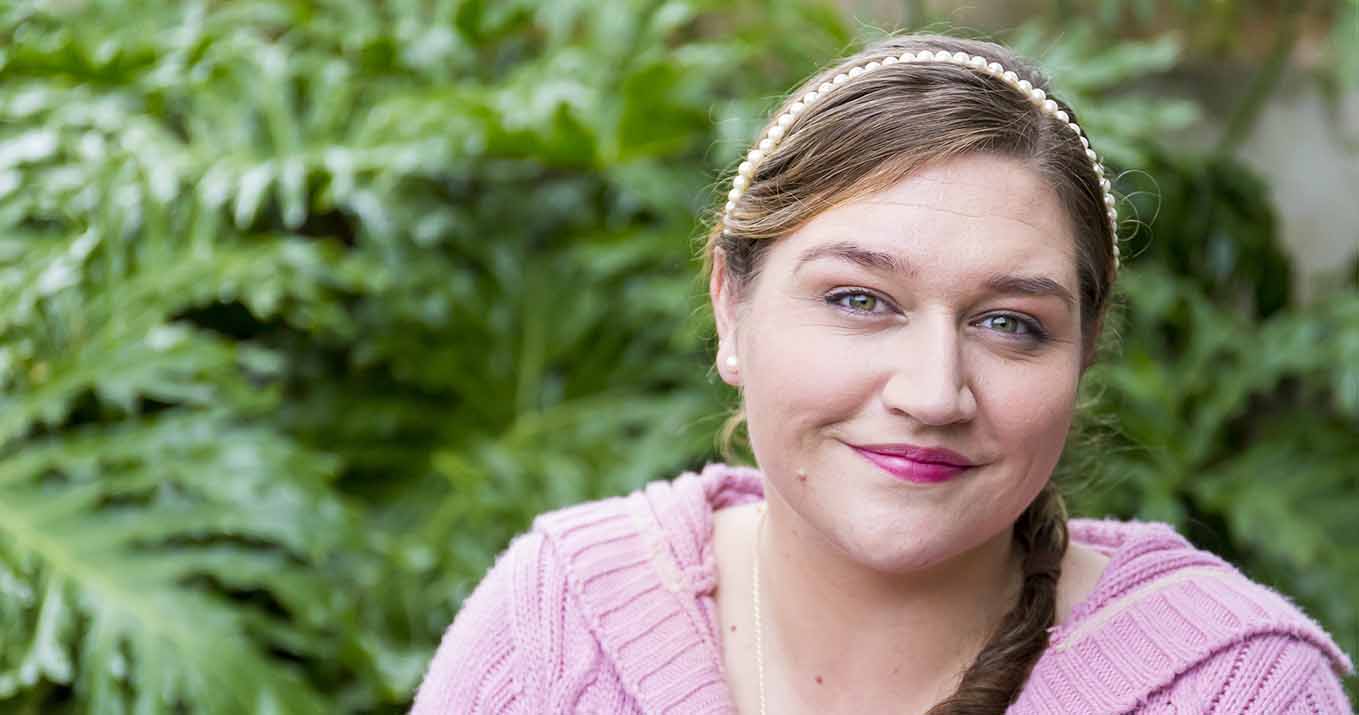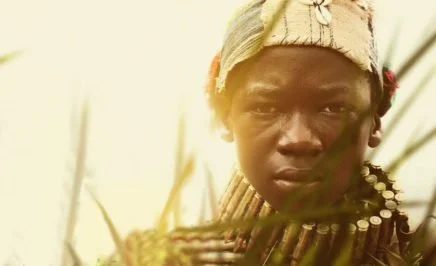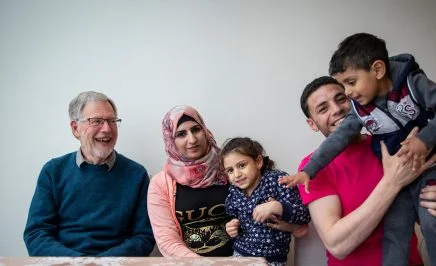To celebrate Eddie Mabo’s birthday, entrepreneur and Miss NAIDOC 2018 finalist Louise O’Reilly shares the life lessons he taught her.
If you are an Australian, you have probably heard the name Eddie Mabo. Mabo Day. The Mabo Decision.
Eddie Koiki Mabo passed away in 1992, when I was five years old. He was a man that I never met and up until recently, didn’t know much about. And if you are anything like I was, you would recognise his name but that’s about it.
The Mabo Decision, which acknowledged that Aboriginal and Torres Strait Islander peoples have rights to land, is probably the most significant Aboriginal rights case to go through the High Court of Australia and come out victorious.
In 1992 Mabo, who was born on Murray Island in the Torres Strait in 1936, challenged the British claim – made almost 200 earlier when the British declared Australia their own – that Australia was ‘terra nullius’, meaning ‘no-man’s land’ or land that belongs to nobody.
On 3 June 1992, five months after Mabo’s passing, the High Court ruled in favour of Mabo and his fellow plaintiffs. The claim of terra nullius became a legal fiction.
“The decision that came out was that native title existed and it was up to the Aboriginal or Islander people to determine who owned what land.”
– Henry Reynolds
Land is not a possession
To me, the Western concept of land ownership is different to the Aboriginal concept of it. Similarities exist between the two, such as the right to make decisions for the land and the right to defend your land. The difference lies in the hierarchy of it.
To put it simply, a Westernised way of thinking about land is that you protect the land against, pests, disease and invasion and you use and alter the land to farm in a way to support your existence. The way Aboriginal people view land is that you protect the land against pests, disease and invasion but you farm the land in a way that is natural to that area and you use the land in a way that supports both you and the land’s continued existence.
“We do not own the land. The land owns us.”
– Yothu Yindi
For me, it is not about our right to own land, it is about our right to protect that land. Our right to ensure that land is looked after in a way that will ensure its healthy, sustainable existence. It is a deeply imprinted sense of connection and responsibility that Aboriginal people feel to the land and not about having land as a possession.
With that in mind, here are some life lessons Mabo has given me.
1) A single person can make a difference and have a profound impact in the world.
Of course, I acknowledge that Mabo had a team working with him but Mabo was the driving force behind that team. He was the person with the belief and vision to see such an important legal battle through. He managed it even though he was very disadvantaged in Australia. Even though he was part of a minority group. Even though he was receiving death threats. Even though he lived in a time where racism was entwined in everyday society and the government. He. Made. A. Difference! And 26 years after his passing, I am sitting here learning from him.
2) If my dreams of Aboriginal reconciliation, gap closing, equality and healing don’t come to fruition during my lifetime. It’s okay.
It took Mabo 10 years to have the High Court rule in his favour and he wasn’t there to see it. After all, I’m not doing this for me. I am doing this for my children and for the future generations of Australia. I believe in something so strongly. Something that is much bigger than me, so I am taking the steps to give them something better. To give them something beautiful. And I am at peace with the possibility that I may not see it in my lifetime because I know in my core that it will happen.
3) Just because something is, doesn’t mean that how it should be.
This is a motto that has been with me for some time now. Mabo has provided me with another example why this is so true. After all, he took this case to the High Court of Australia. He took something that stood as a so-called legal fact in Australia for over 200 years and had it overturned and pronounced a legal fiction. Oh, my goodness. 200+ years of people believing one thing and to have it completely discredited in 10 years is phenomenal.
Mr Mabo, I would like to pay my respects to you and your family. Thank you for standing up for something you believe in. Thank you for the lessons you taught me and for being one of the people that inspire me to follow my dreams and make a stand for what I believe in.
This post was originally published on Louise O’Reilly’s blog.
Louise O’Reilly is a writing warrior from Perth. She’s a loving mother, devoted wife and entrepreneurial blogger. Louise writes about Aboriginal social justice and self-empowerment.



